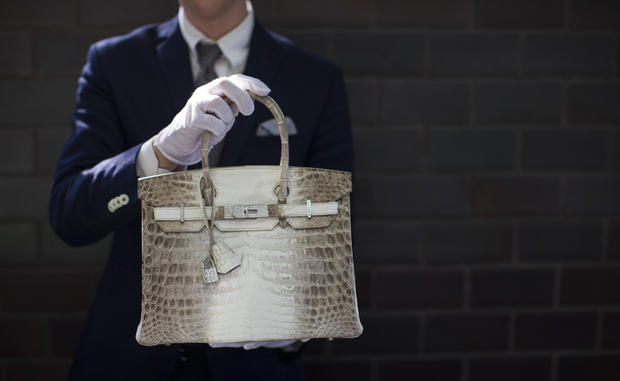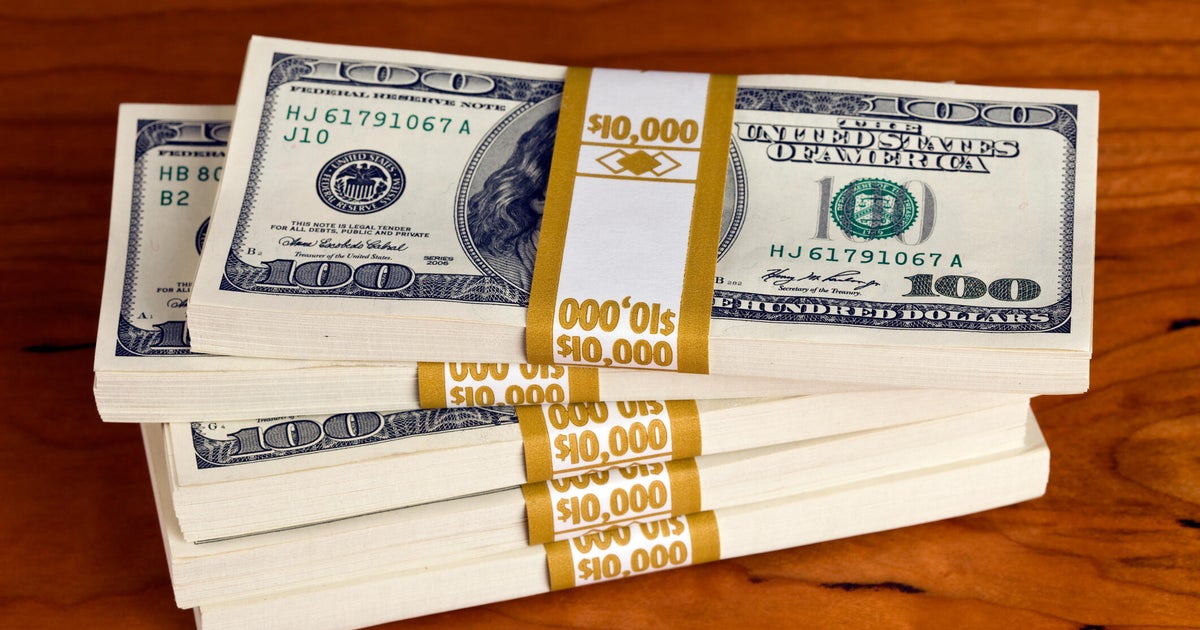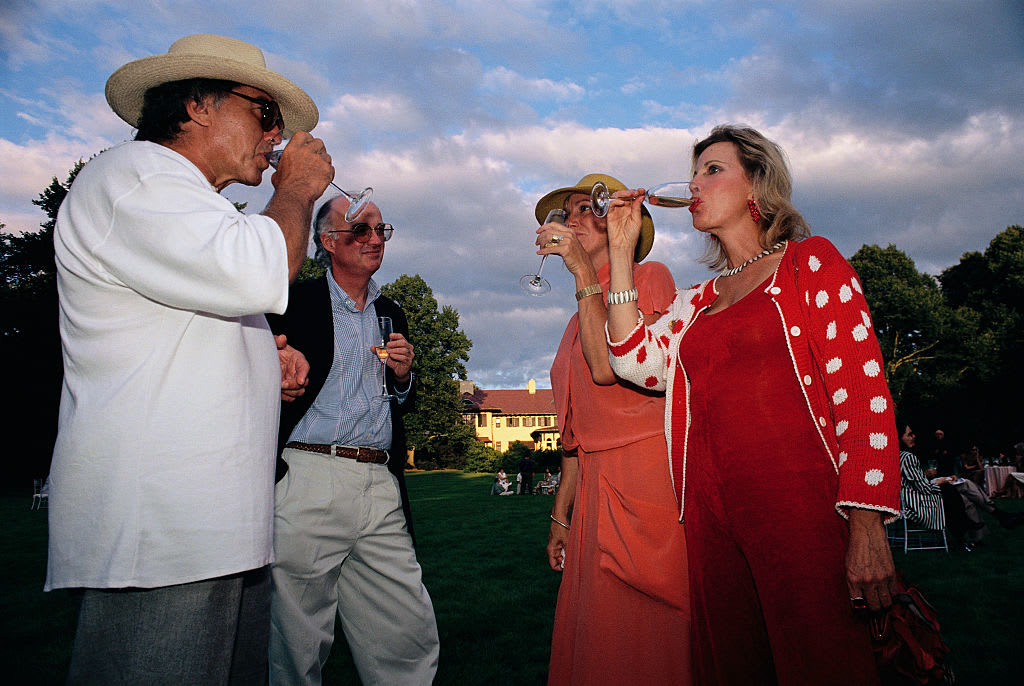What's fueling the bull market for bling
A Hermes bag for $380,000. A Rolex for $5 million. And $57 million for diamond earrings.
The market for luxury goods is going strong at a time when the more humdrum American mall is falling on hard times and downscale retailers like Rue21 file for bankruptcy. The rising fortunes of the global elite, as well as a long-running bull stock market, are helping to boost demand for luxury products and services.
Yet even within the luxury market, signs abound that tastes are changing. Wealthy consumers increasingly want to spend their money on experiences and pampering, according to Bain & Co., which projects the luxury goods market may rack up a compound annual growth rate of 4 percent through 2020. The first three months of 2017 saw a one-third increase in the number of new luxury product arrivals compared with a year earlier, according to retail analytics firm Edited.
"If we take a look at department store retailers, they're struggling with exceptionally high rates of discounting," said Katie Smith, senior fashion and retail analyst at Edited. "At the same time, we have a number of retailers upping the number of luxury products."
Buoying the luxury retail environment are rising incomes for the top 1 percent of earners. Since 2009, income for this group has jumped by 37 percent, compared with less than 8 percent for everyone else, according to the Washington Center for Equitable Growth.
So what do luxury buyers want? Cars are a hot commodity. Bain noted that the luxury auto segment is growing by about 8 percent annually.
And luxury hospitality and cruises are growing at 4 percent and 5 percent, respectively, Bain found. That signals high-end buyers' preferences for experiences rather than pricey objects, a shift that's also occurring among middle-class consumers.
"We've seen these premium and luxury markets breaking out into more complex price architectures, including entry-level pricing that touches a broader consumer segment," Smith said. "It's a tech-savvy demographic, and a customer who doesn't really prioritize clothing purchases, but prioritizes travel and experiences over owning stuff."
Indeed, some high-end retailers are struggling, despite the surging wealth of the world's top earners, who increasingly want "a unique offering," Smith noted. Some luxury retailers such as handbag maker Coach (COH) are now pulling back from wider department store distribution as they seek to convince well-heeled consumers to return to their brands.
Coach reported a dip in first-quarter sales, partly due to a decision to step back from department stores, which are suffering from their own problems. Coach's branded stores managed to sidestep the department store issues, reporting a 3 percent increase in same-store sales (sales at stores open a year or more).
Michael Kors (KORS) is also trying to reinvigorate its brand, partly by reducing discounts, according to a research note from GlobalData Retail. It's also closing 125 of its stores.
"While we applaud the company's efforts to expand into new areas like wearable technology and fragrance, we also believe these extensions will fall on stony ground if they are not part of a wider effort to create a compelling and desirable lifestyle brand," analyst Neil Saunders wrote in a research note.
The recent record-breaking auction sale of a Hermes handbag may indicate what luxury shoppers are looking for: unique objects with histories and pedigree. Christie's auction house didn't identify the buyer of the matte white "Himalaya" Birkin bag, which sold for $380,000.
Last month, a rare Rolex watch sold for a record $5 million. It was worn by the last emperor of Vietnam, which undoubtedly added to its allure. Diamond earrings recently sold at auction for more than $57 million.
High-end shoppers want "surprise and delight" when they shop, Smith noted. "There is still volatility in the luxury market, and retailers need to make sure they're pushing the right products and pricing them correctly."




